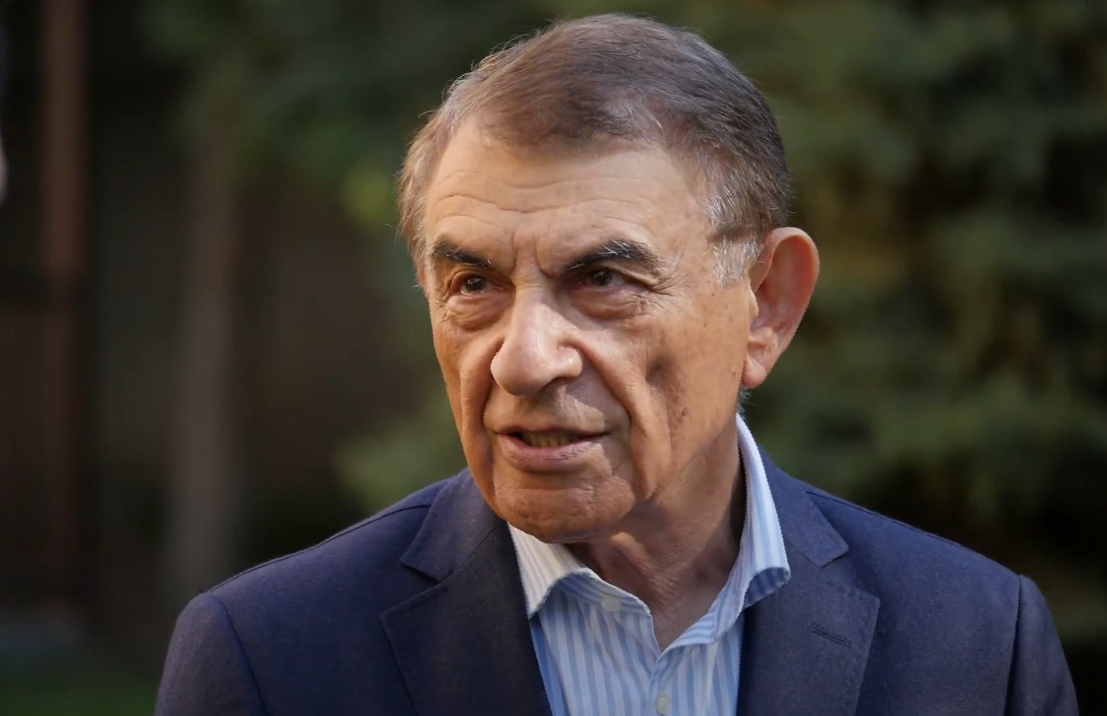
"I suggest exploring alternative means to resolve the issue and without endangering the lives of civilians". Ara Babloyan answered the questions of iravunk.com.
For the past 7 days, both the Russian peacekeepers and the Red Cross have been unable to deliver medicine and food to Stepanakert. Additionally, they cannot transport critical patients to Yerevan due to the closure of the Hakari checkpoint, which is closed by the Azerbaijani side for humanitarian cargo and passenger transportation. Ever since the failed attempt to place their flag on the section leading from the bridge to Kornidzor, the people living in Artsakh have been completely isolated.
What problems will the humanitarian disaster bring with it? We approached Professor Ara Babloyan, MD, the scientific head of the “Arabkir” MC to gain his perspective on this.
- Yes, Artsakh, which has already been under blockade for months, is currently facing an even more difficult situation. The blockade has intensified, making it increasingly difficult to deliver medicine and medical supplies to our compatriots living in Artsakh through the Red Cross and Russian peacekeepers. Furthermore, the transfer of patients from Artsakh to Armenia, who require medical treatment that cannot be provided locally, has also become impossible. This means that these individuals may effectively be sentenced to death.
It is crucial to note that we have patients in Artsakh who have undergone organ transplants and cannot sustain their lives without our medical services and the medicines we used to send.
Therefore, this situation poses a stark choice: either death or becoming part of Azerbaijan? As a doctor, this is unacceptable to me.
At the same time, the professor emphasizes.
- Throughout my professional life, I have treated hundreds of Azerbaijani children and I assure you that even during the tense relations between Armenia and Azerbaijan in the late 80s and early 90s, I never differentiated between Azerbaijani and Armenian children in need of medical treatment. This is one of the fundamental principles of our humanitarian profession.
I want the authorities of Azerbaijan to look into the eyes of their children and grandchildren, and try to feel what the blockade holds for the children of Artsakh. I propose finding alternative solutions to resolve the issue that do not sacrifice the lives of innocent civilians.